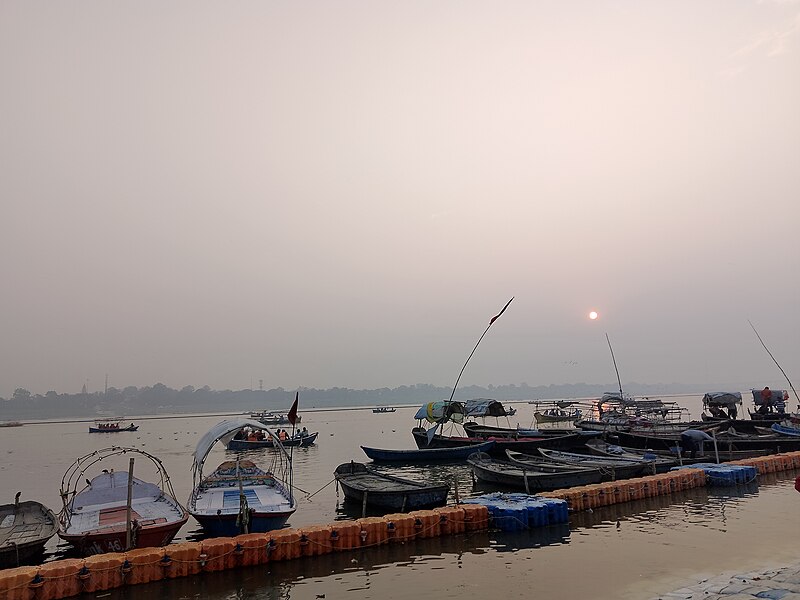Act against Naik, not liberty
Ravi Shanker Kapoor | July 13, 2016 10:54 am

We, the people of India, claim to have become free on August 15, 1947. Over the years, however, we have increasingly become fearful of freedom. That the Zakir Naik affair is becoming a free speech issue is symptomatic of our growing dread of and discomfort with freedom per se.
It is not the first time that liberty has been held responsible for bad tidings. Why is there corruption? A large section of public intellectuals inform us that after economic reforms were carried out in 1991, capitalists became richer and more powerful and audacious. They bought politicians even more brazenly, molded policy as per their wishes, and this occasioned huge scams which now are of astronomical proportions, running into lakhs of crores.
Why is there a decline in the standards of journalism? Well, after liberalization, profit-making became the sole motive of media barons; social responsibility was discarded; newspapers became products; news channels catered to the basest instincts for the sake of ratings, and indulged in shameless sensationalism and trivialization. The phenomenon of ‘paid news’ is the toxic effluent of such unsavory practices.
If the lords and barons of public discourse are to be believed, industrialists are diabolical, government is angelic in its infinite wisdom (and should intervene everywhere from the economy to the media), and the grant of (partial) freedom to businesspersons in 1991 was the original sin. Corporations, entrepreneurs, and traders don’t make profits, they ‘profiteer’; concomitantly, politicians and bureaucrats don’t mess up with the economy or distort markets; they just ensure that the weaker sections are protected.
Worse, these fairy tales, which often get canonized by the intellectual elite, pass off as folk wisdom.
So, one should not be surprised if more restrictions on TV channels are chalked out by the authorities and some version of the notorious Section 66A comes into being. Preaching of violence cannot be allowed ‘in the name of freedom of expression,’ this is what many are already saying. Implicit in the argument is the belief that the right to freedom of expression is some kind of entitlement or privilege extended to the Indian citizen by the benevolent state. The truth, however, is that this freedom is an inalienable right endowed by God or nature, whose sanctity the state is bound to protect.
As I wrote in the article, ‘SC error on defamation: Clash of rights’ (May 21, 2016, https://thehinduchronicle.com/2016/05/sc-error-defamation-clash-rights/), “My contention is that fundamental rights ought to be regarded as inalienable, bestowed on us by either God (if you are a believer) or nature (if you are not). In either case, they are givens which cannot be taken away by a human instrumentality, be it a constitution, a law, a legislature, or a tyrant. Therefore, any abridgement of these rights is wrong.” That article was in response to the apex court’s judgment which upheld the constitutionality of the current criminal defamation law.
In the name of protecting national security or saving human lives, however, the government may do just that. It may pit the right to life against the right to freedom of expression. But, as I wrote in that article:
Unless the fundamental rights are regarded as inalienable, attempts will continue to be made to restrict or even abrogate them… [But] the acceptance of fundamental rights as inalienable leads to two deductions. First, since fundamental rights are bestowed on us by God or nature, any conflict or disharmony between them is impossible to even conceive. Can our hands be in conflict with legs, liver with kidney, and so on?
Second, even if we accept the possibility of a conflict between our fundamental rights, the right to life cannot exist without the right to freedom of expression, and vice-versa. If reputation is an inherent component of Article 21, why can’t be the right to free speech, too, be its integral part? Without the right to freedom of expression, the right to life is meaningless. In Saudi Arabia, women have little freedom to express themselves in whichever way: free speech is anyway seriously controlled; women can’t even dress as they want to, go out alone, or drive. Without freedom of expression, the right to life is useless.
Similarly, what kind of life one can lead without the right to life? We need to remember that in the past the killing of a slave was often penalized. So, the plight of a person without the right to life is worse than that of a slave. The right to freedom of expression is of little value to such a person. This is the reason that the press in dictatorships is docile: the folks who don’t enjoy the right to life can never enjoy that of freedom of expression.”
Therefore, action against Zakir Naik should not become the pretext for the curtailment of freedom of expression and civic liberties.






























